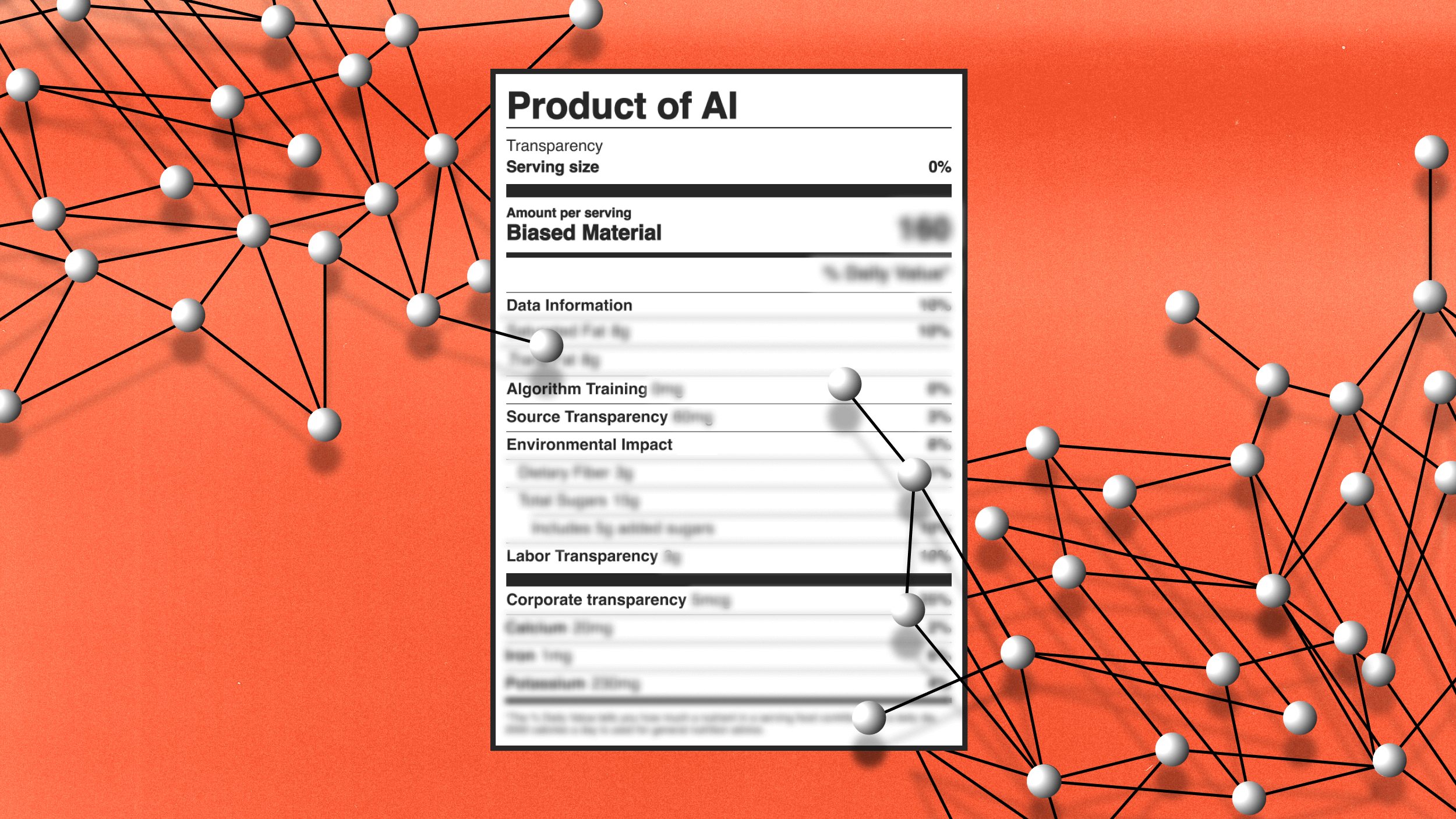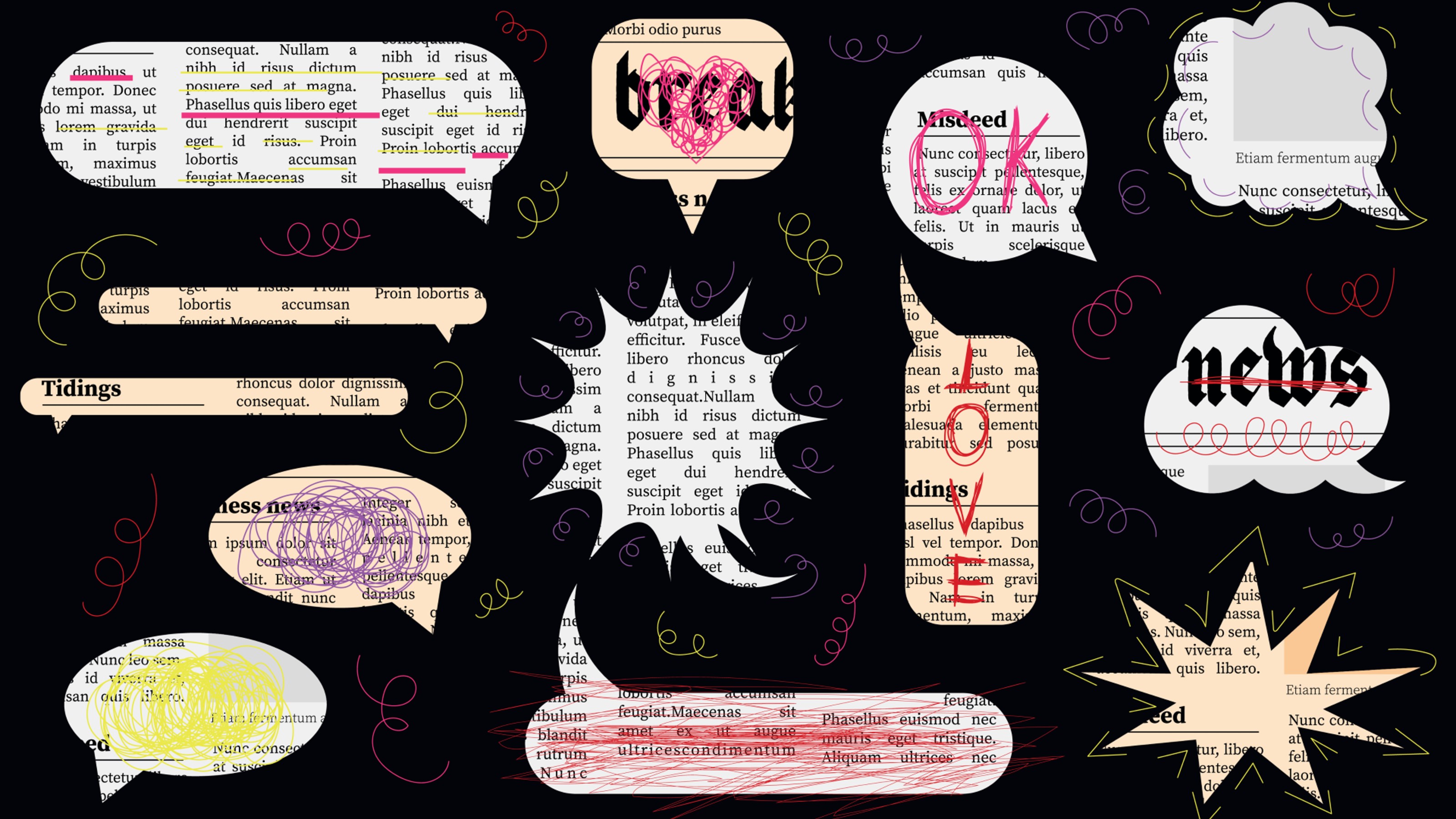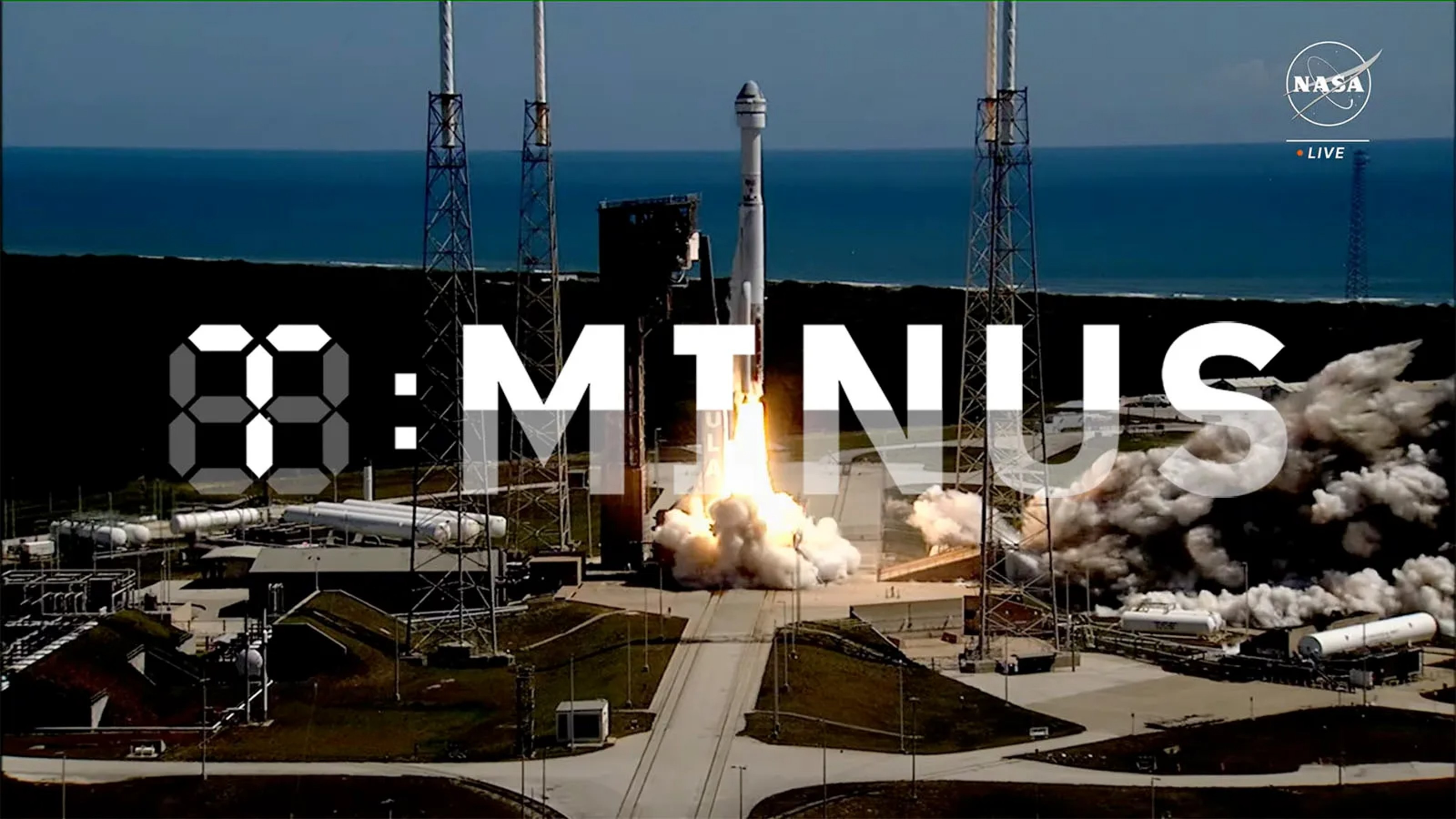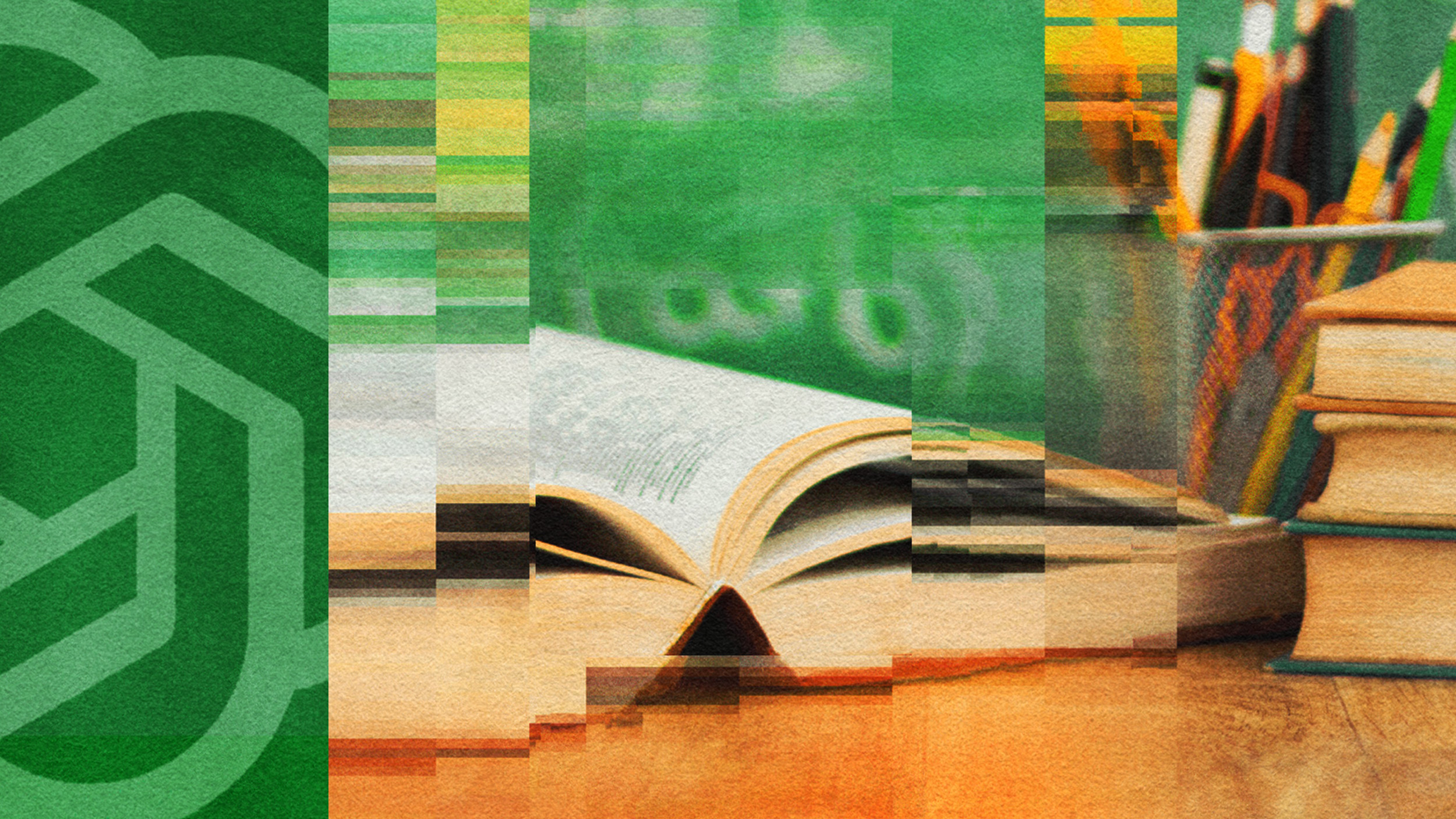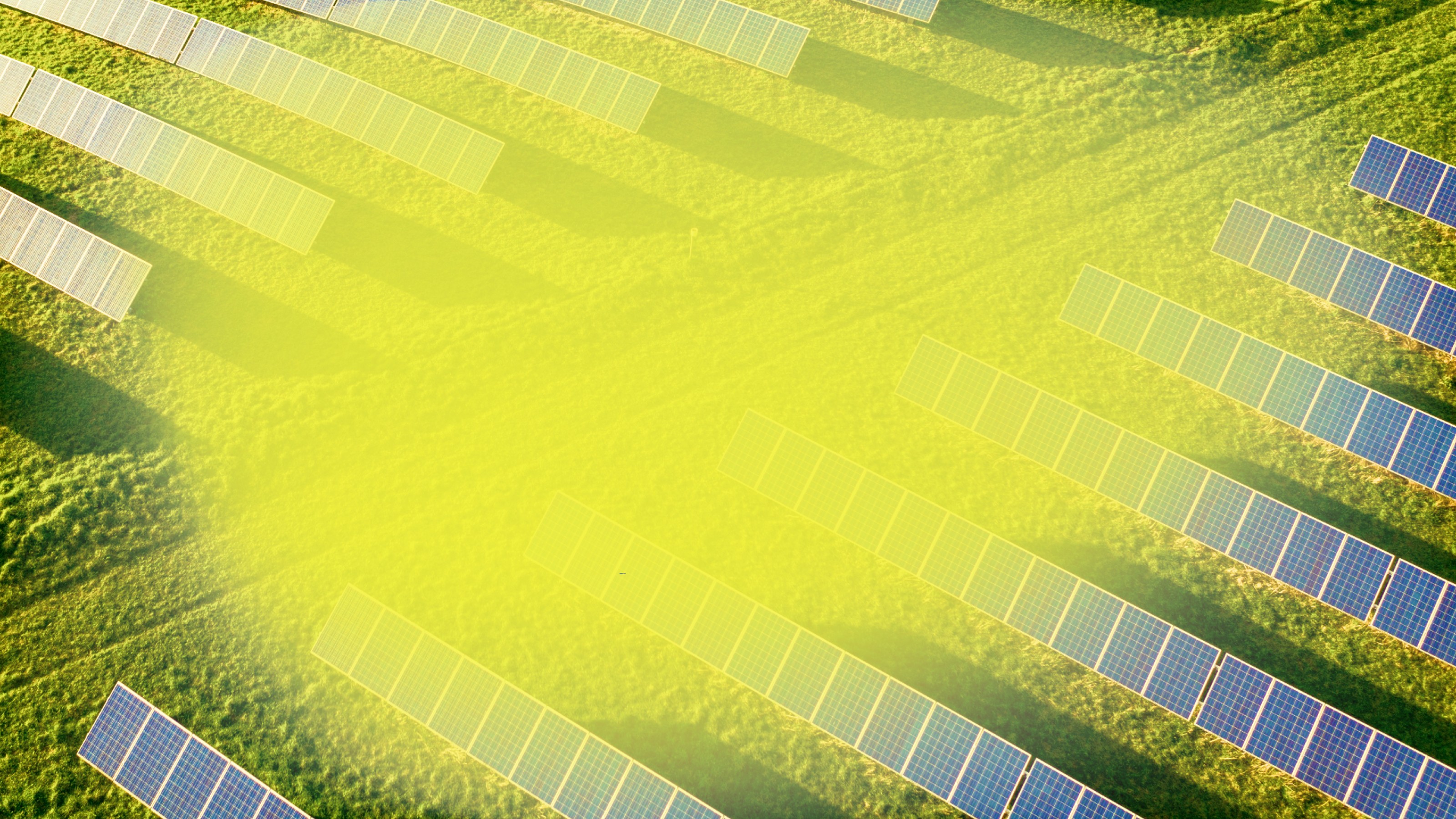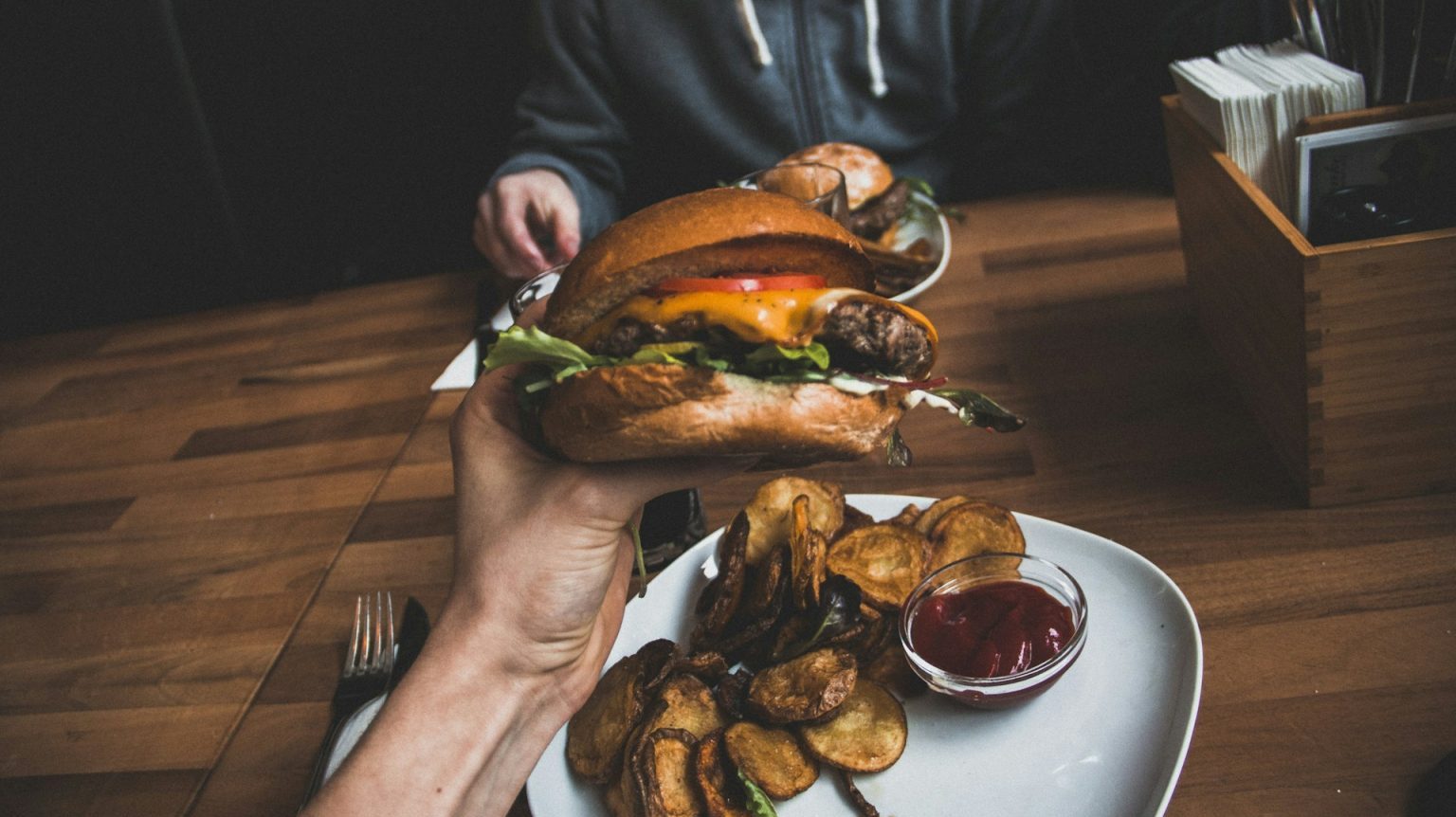The Present
All Stories
Modern autocracies operate “not like a bloc but rather like an agglomeration of companies,” says journalist and historian Anne Applebaum.
Historian Timothy Snyder talks with Big Think about how true liberty requires both negative and positive freedoms.
Achieving values and pursuing growth is the real secret to a fulfilled life.
It’s a problem on both sides of the political divide.
Cecilie Fjellhøy, from the Netflix documentary The Tinder Swindler, shares her experience.
AI has become a black box in more ways than one.
“We’re acting more like fans of a football team going to a game than a banker carefully choosing investments.”
The digital world will always entail risks for teens, but that doesn’t mean parents aren’t without recourse.
Quantum computing brings significant opportunities — but equally significant cybersecurity risks.
In a world of rising cynicism, a celebration of our capacity to create, adapt, and thrive.
What are we supposed to do when experts look at the same data yet reach starkly different conclusions?
More accurate uncertainty estimates could help users decide about how and when to use machine-learning models in the real world.
The idea of awarding legal personhood to nature has received renewed attention in the contemporary environmental justice movement, but much contention remains.
And, more importantly, what’s being done to get them online?
In “Not Born Yesterday,” author and cognitive scientist Hugo Mercier makes the case that misinformation is overrated — and other human foibles are underrated.
“The movement is much bigger than Sam Bankman-Fried, or any one person, no matter how wealthy,” philosopher Peter Singer told Big Think.
The world needs a moral defense of progress based in humanism and agency.
Comparing Elon Musk’s Mars rocket to NASA’s new ride.
Each year, over half a million migrants cross the deadly jungle separating Colombia from Panama in search of a better life in the United States.
“We should be informed and educated about the risks of AI, but we can’t be afraid,” Khan Academy founder Sal Khan told Big Think.
Saudi Arabia’s Jeddah Tower is poised to become the world’s tallest building. What’s behind the century-plus drive to build ever taller skyscrapers?
Should social media platforms have the right to decide what speech to allow online? Should the government?
A look back at the rise of solar power in the US and what’s next.
“How long someone thinks about [a] problem is a really good proxy of how humans behave.”
Misinterpreted data may be distorting Western predictions about the future of China’s economy.
The major transformation in the where of modern workplaces is about to collide with a transformation in who is doing that work.
Driven by a childhood marked by war and environmental devastation, Dyhia Belhabib developed an innovative technology to combat illegal fishing.
The Human Chronome Project finds that the average human sleeps for 9 hours but only works for 2.6 hours.
This may be the largest helium reservoir in U.S. history.
Beef production is largely responsible for greenhouse gas emissions from the food system.





